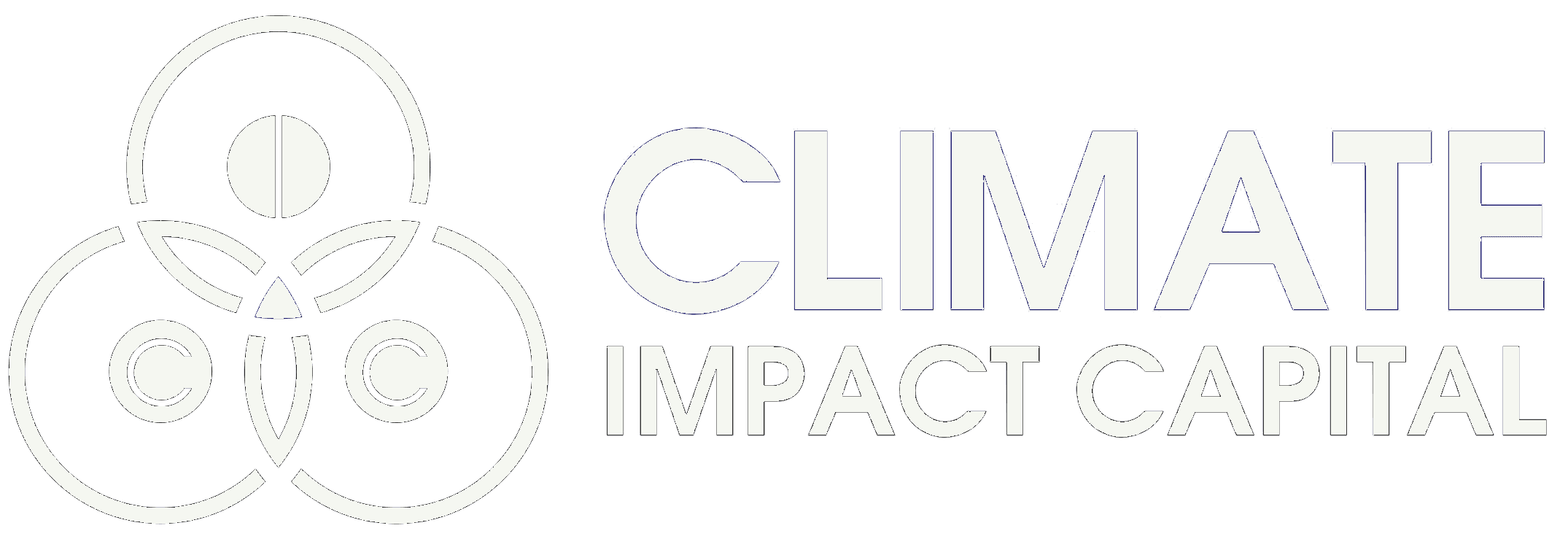Total, Shell and Equinor, three of Europe’s largest oil companies, all announced cost-cutting measures in response to the collapse in oil prices and the impact of the COVID-19 pandemic. The impact on their clean-energy investment plans remains muted, however, at least for now.
Total is facing three crises simultaneously, CEO Patrick Pouyanné said: the coronavirus, the oil price collapse and climate change. Amid those challenges, the company is “being taken to task” in the media to play a more positive role in the energy transition.
But those challenges are daunting. Total had been budgeting for oil at $60 per barrel; if prices were to remain at $35 for the rest of this year, the company would lose $9 billion, Pouyanné said in a video message to employees. At the time of publication, Brent crude was trading at $25, having spent the best part of a week under the $30 mark.
Rival oil producer Shell, meanwhile, now plans to limit its capex for the year to €20 billion ($21.5 billion), down from €25 billion. Norwegian firm Equinor has suspended its share buyback program. Last week ExxonMobil CEO Darren Woods said the company would soon finalize plans to “significantly reduce capital and operating expenses.”
To begin addressing its own shortfall, Total will look to cut 20 percent from its annual expenditures, which will be distributed proportionately across its business activities, Pouyanné said. While granular details on cost reductions are not yet available, there are positive signs that Total’s commitment to the energy transition will not be immediately affected.
Amid a broader hiring freeze, Total’s “new energies” businesses will be given an exemption to allow the company to “prepare for the future,” Pouyanné said.
At the same time, Total continues to roll out a major energy storage manufacturing expansion via its subsidiary Saft, in partnership with automaker Opel. A pilot plant will open next year.
Total is at the vanguard among major oil companies in its renewables push; the French company has invested in gigawatt-scale renewable pipelines of wind and solar assets chiefly in India, Spain and France, and it recently acquired a majority stake in a floating offshore wind project in the U.K.
The messaging from Total thus far is in line with the theory that the slump in oil prices will not dampen the appetite of the majors to reduce emissions and segue into the power sector.
Among other announcements, Pouyanné said Total will intensify its target for in-house emissions, going from a target to 40 million tons annually by 2025 to a new goal of half that level.
Questions about Shell’s clean-energy spending plans
Pouyanné said cost-cutting measures could add up to $5 billion of the $9 billion annual shortfall Total appears to be facing. The company could borrow $4 billion at a rate of 2 percent if need be, he added.
Shell, another relative clean energy leader among oil companies, had previously increased the range of its annual investment in its New Energies business from $1 billion-$1.5 billion to $1.5 billion-$2 billion.
GTM understands that Shell has not yet decided how it will spread cost reductions across the business.
The annual investment figure for Shell’s New Energies business is a guide rather than a target. Had the company won the tender for the Dutch power supplier Eneco, it would have tripled its annual spend, suggesting that figure has some flexibility if the right investment comes along.
“As well as protecting our staff and customers in this difficult time, we are also taking immediate steps to ensure the financial strength and resilience of our business,” said Shell CEO Ben van Beurden in a press statement. “The combination of steeply falling oil demand and rapidly increasing supply may be unique, but Shell has weathered market volatility many times in the past.”

